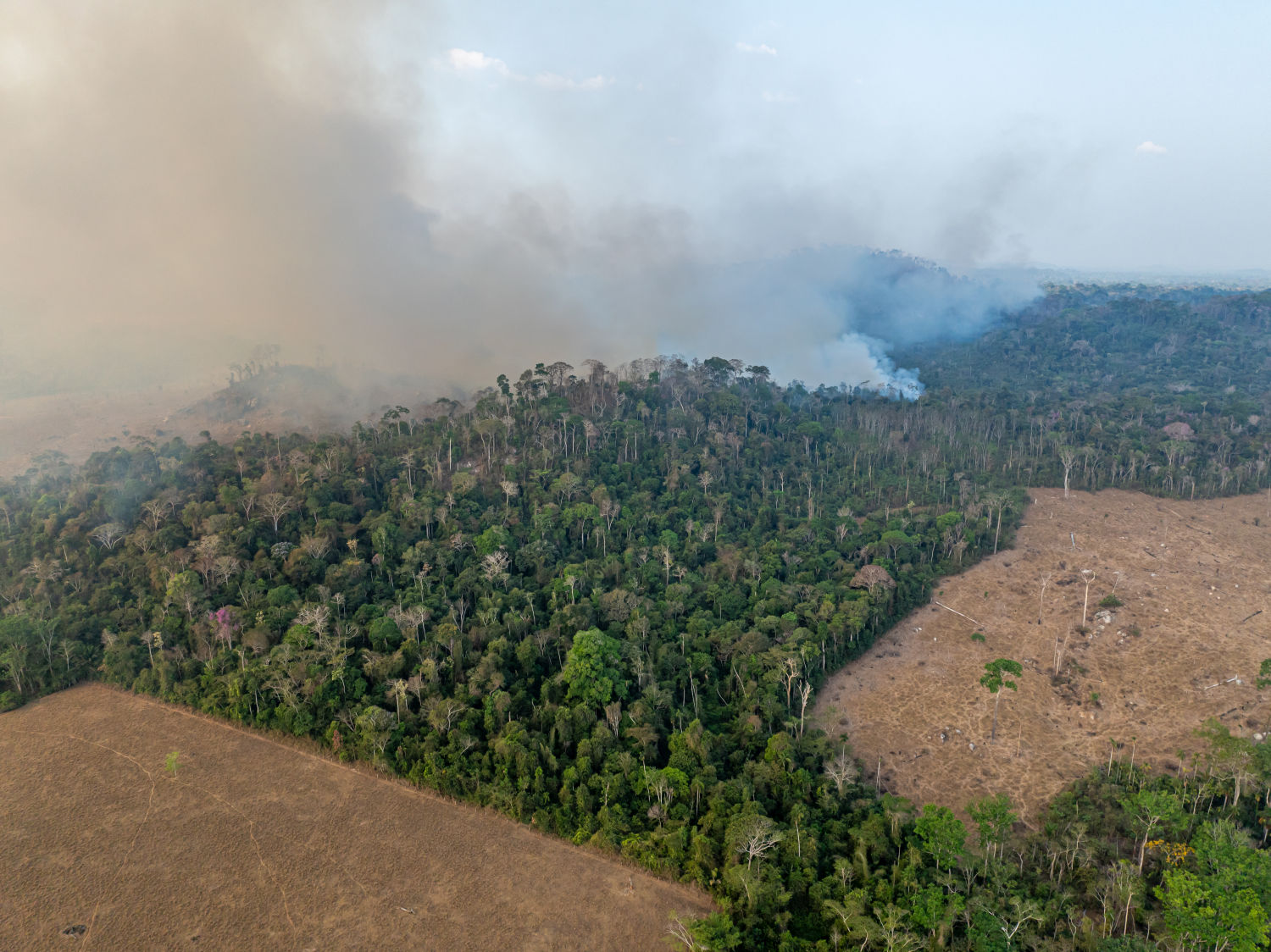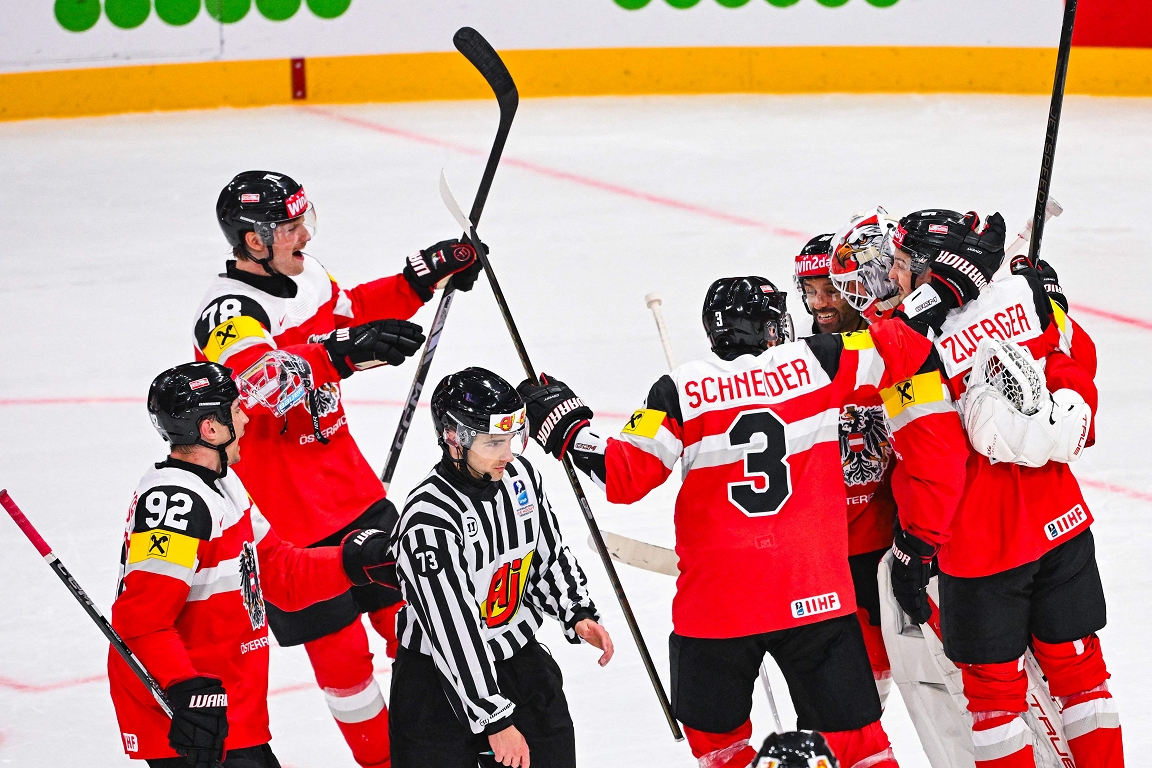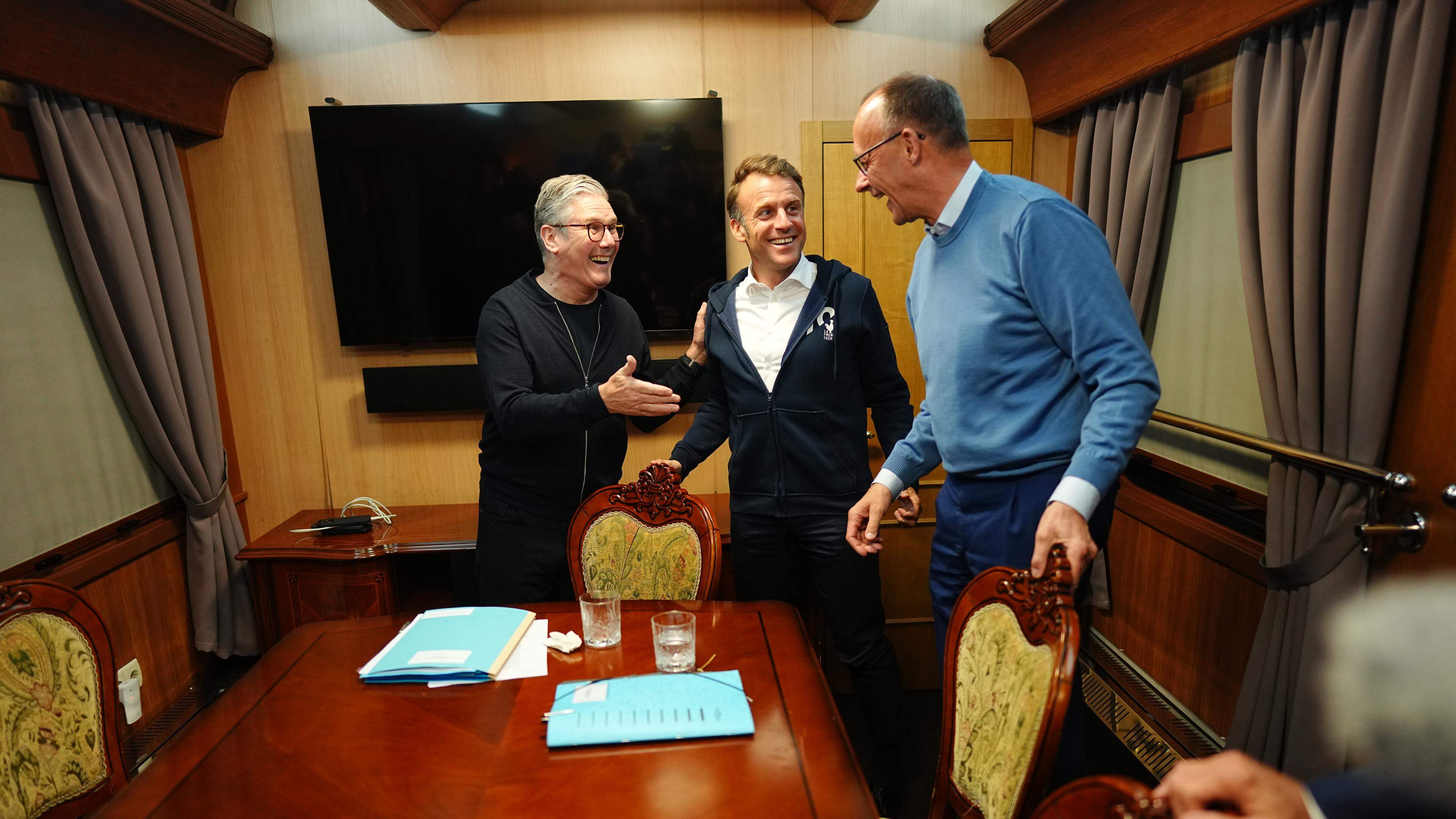The previous cabinet wanted to get rid of the cigarette filters. What does the current do?

They protrude cracks in brick walls, lie between the native butterfly plants in planters, sow the sidewalk for hospitals. Along rivers, in the park, in sewer wells, between the shells on the beach. So many cigarette filters roam around that we hardly see them anymore.
Chris Jansen, State Secretary on behalf of the PVV for the Environment, has an uncomfortable file on his plate with the filters. Every year in the Netherlands probably many billions of cigarette filters with plastic plastic end up on the street and in the environment. Drinking mice through butts polluted water, fishing eggs do not germinate in streams, washed the toxic substances. At the same time there is no scientific evidence that smoking filters makes less unhealthy.
Former State Secretary Vivianne Heijnen (CDA) promised to resolve the filter problem after insisting the Lower House by arguing at European level for a ban on the cigarette filter in the revision of a plastic law. Now that that time has arrived, the question is: is her successor, PVV member Jansen, do that?
The Dutch smoke around ten billion cigarettes a year. Smokers do not put a smoldering cigarette filter in their pocket. If there is no trash, the butts end up on the floor. How it is about is guessing, according to the enormous bandwidth that research agency CE Delft used in a 2022 study. It amounted to somewhere between 240 million and more than 7 billion filters a year.
Butch filters are usually made of cellulose acetate, a plastic. They are actually sturdy compressed plastic fibers, through which the smoker sucks all kinds of toxic and carcinogenic substances (think of nicotine, but also nickel, lead and zinc). Once in the roadside, the filter slowly falls apart due to sunlight until the microplastics remain. They pollute soil and water through rainwater.
In 2022, Trimbos listed scientific research into the filters. The filters have been found in the stomachs of fish, birds and walruses. With fish embryos, cigarette filters residues can cause an increased death rate. With the freshwater mussel, for example, they provide DNA damage. Research shows that one smoked cigarette can hand in enough pollutants to pollute about a thousand liters of water.
For land animals, it was shown that mice exposed to filters (by drinking water with cigarette residues) were less able to flee for a predator.
The nicotine also ends up in crops. In the vicinity of Nicotine fewer seeds of plants germinate. Example: With one cigarette per square meter, a high nicotine pollution in basil and peppermint plants could already be seen.
At the same time, filters actually do little for the smoker. « There are no proven health benefits of smoking cigarettes with filter, » so Heijnen wrote in a letter to parliament in 2023.
Supposedly safer alternative
In fact, filters are really good in one thing: misleading. When scientific evidence began in the 1950s that smoking can cause lung cancer, modern filter cigarettes came on the market. They were promoted by tobacco producers as a safer alternative. But the dangerous asbestos was processed in early variants of the filters.
« Filters are the deadliest fraud in the history of human civilization, » said Robert Proctor, a professor of science history to Stanford in 2012 in return for The New York Times.
Filters would give less tar and nicotine, that would be apparent from measurements by smoke machines. But they gave a deceptively low outcome.
« In practice it turned out that lung cancer was deeper in the lungs by inhaling deeper, » says Wanda de Kanter on behalf of the Dutch Association of Doctors for Lung Diseases and Tuberculosis. The Kanter is anti-smoking activist and pulmonologist. « Many people still think that filters are safer. » It does give a finer mouthfeel than filterless cigarettes. « Without it feels wet, it gives more a tobacco taste in the mouth. »
The previous House of Representatives worked to work to solve the filter problem. For example, a motion was adopted to investigate how the government can take care of it that in 2026 70 percent fewer butts will end up in the environment.
Heijnen had CE Delft investigate How that would be feasible. For example, a deposit system on filters was mentioned as an option, but that gives tobacco producers the chance to advertise for smoking. And it was not entirely certain whether a national ban on cigarette filters would be legally feasible because of the free movement of goods: could the Netherlands be able to keep butts from abroad?
« If the central government really wants to work on the 70-percent objective, » CE Delft advised « to investigate whether it is possible in a European context to organize a ban on filter cigarettes. » The researchers pointed out that from 2025 the European single-use plastics directive (SUPD) will be evaluated, a guideline against disposable plastic (such as filters).
At the moment it has been agreed in this guideline that manufacturers should say consumers with a logo that there is plastic in butts. CE Delft writes that Logo only appears to make little difference in practice. It was also agreed that from the beginning of 2023 tobacco manufacturers would contribute to the cleaning of buttock filters.
Cleaning up filters costs municipalities around 40 million euros per year, the Ministry of Infrastructure and Water Management calculated. But the tobacco manufacturers were critical of that amount. In They called a comment The calculation method « doubtful and unclear. » It should also not be fair if tobacco companies should contribute to cleaning up cigarettes that are brought abroad. The ministry now says to « work hard » with a final calculation. Municipalities are still waiting for the money.
A financial compensation for municipal waste services does not solve the environmental problem. Heijnen promised to « start with preparations » to « put a ban on one -off cigarette filters together with other European member states in the revision of the SUD or any other relevant European regulations ». She would also further explore the possibilities for a national ban.
In the time of Heijnen there was informal consultation between the Netherlands and other Member States, the ministry will let go. Now it is Jansen’s turn to determine his position. To draw attention to the polluting filters, NGO Fair Resource Foundation is launching the campaign this week No plastic filter.
Does the cabinet, and the EU, dare to push with a ban on filters? That is probably partly on the question: how popular is a filter ban among voters?

/s3/static.nrc.nl/images/gn4/data132134012-36b090.jpg)
/s3/static.nrc.nl/images/gn4/stripped/data132125071-39cc7f.jpg|https://images.nrc.nl/M-tD35RX6alzNVGh3gnvNjQN9Wk=/1920x/filters:no_upscale()/s3/static.nrc.nl/images/gn4/stripped/data132125071-39cc7f.jpg|https://images.nrc.nl/YCBJIUWiNCKgM8VsLNUqrM25Jek=/5760x/filters:no_upscale()/s3/static.nrc.nl/images/gn4/stripped/data132125071-39cc7f.jpg)
:format(webp)/s3/static.nrc.nl/wp-content/uploads/2024/12/17212230/data125733424-dda7ef.jpg)




